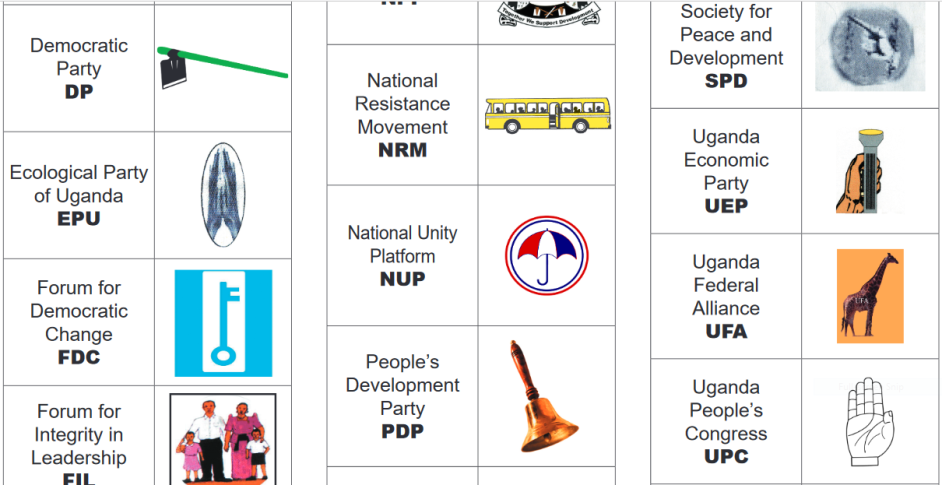Ship moves to dock at Port Mombasa.
All goods destined for Uganda from overseas will have to show proof that they are insured by a locally licensed insurance company before they are cleared for entry.
The Insurance Regulatory Authority, IRA, has also downplayed the challenge to the legality of the directive, saying it is supported by the law.
The idea of a compulsory local marine insurance policy was first mooted in 2017 when Finance Minister Matia Kasaija directed the IRA to implement it two months later in July of that year.
However, the regulator and other players in the industry had to make consultations and benchmarking in developing the legal framework for the new directive.
A January 2020 deadline, and that of June 2021, could also not be met as some importers sought to challenge the new development saying that it violated the free economy policy of the country.
IRA, however, says the new policy was based on the Insurance Act of 2017, which provides for mandatory local insurance, and complies with the East African Community Customs Management Act.
“All local risks and persons, including imports, shall be insured by insurance companies licensed to carry out business in Uganda,” says the law, while Section 5 states a penalty of 1000 currency points for offenders.
Protazio Sande, the Director of Planning, Research, and Market Development, says the importers should focus on the advantages of the new law instead of questioning the legality.
Marine insurance is the insurance of cargo in transit from one place to another by sea, by inland waterway, and onward by rail or road, from the warehouse in the country of origin to the final warehouse in the destination country.
The compulsory Marine Insurance will also lead to a lower cost of operation because, local companies are naturally expected to be easier to reach, but also, the IRA in consultation with the Uganda Insurers Association has set the premium limit an importer is supposed to pay.
Ibrahim Kaddunabbi Lubega, the IRA Chief Executive says the limit will be 0.5 percent.
The IRA says a good number of importers still prefer employing the insurance companies in the country of origin, which are considered bigger and therefore safer to deal with than the Ugandan companies.
According to the IRA, a lot of cargo importers are still tied up to the idea of insuring their imports at the country of origin, therefore, denying the country’s insurance sector massive revenue.
Sande says that the compulsory Marine Local Insurance policy makes it easier for importers to lodge claims with Ugandan insurers as opposed to dealing with foreign multinationals.
He says that even in the case of filing for compensation, there is little room for one to argue their case successfully, on top of the time lag it can take during the process, yet there is also little room for seeking redress.
African and other developing countries are increasingly introducing this mandatory marine insurance mainly to enable the growth of the local insurance industry, but also to ensure that the insurance premiums are due profits are retained in the country.
Kenya, Tanzania, Zambia, Ghana, Algeria, and Cameroon are some of the countries that have already effected it.
Importers say this is a welcome development since it will give more confidence in dealing with an insurer who is closer to you than a company not licensed in the country, according to Kanakulya Jemba, the Vice-Chairman, Kampala City Traders Association.
Insurance companies welcome this move saying it will boost their businesses and grow the industry, unfortunately, even most of the firms licensed to do business in Uganda are foreign-owned.
Uganda’s insurance industry has been growing significantly in terms of premiums, recording a growth of 10.61 percent to 1.2 trillion shillings for the year ended 2021.
However, this does not reflect the growth in market penetration which has remained between 0.7 and 0.9 for years, and is one of the lowest in Africa, compared to Kenya’s with is about 2.3 percent.
Africa Risk and Insurance Services Ltd, ARIS, says this is a good move for the industry though customers are likely to encounter disruptions in the initial stages of the enforcement.
“We recognize and anticipate that this change may result in some disruption to your approach to arranging marine insurance. We wish to offer our full support within the boundaries of the law and provide our continuous support,” says Alnoor Velani, Executive Manager (Regional) at ARIS.
IRA says this should not be an issue, considering that that implementation started in January.
That period was meant to help the insurers and importers get used to the new regulation before enforcement started, according to IRA.
IRA, UIA, and URA also developed an online system with a portal through which the importers could access information on marine insurance and even be able to process their policies.
IRA’s Sande says there will be no extension of the deadline.
On the capacity of the local companies to take on the consignments that may be considered too big for a company licensed in Uganda, Sande says they have put in place where the insurers are pooling resources so as to take on such bigger opportunities collaboratively.
He adds that there is also the option of an insurance company taking advantage of reinsurance, where the risk, of being too big, can be shared with a re-insurance company.
–URN





